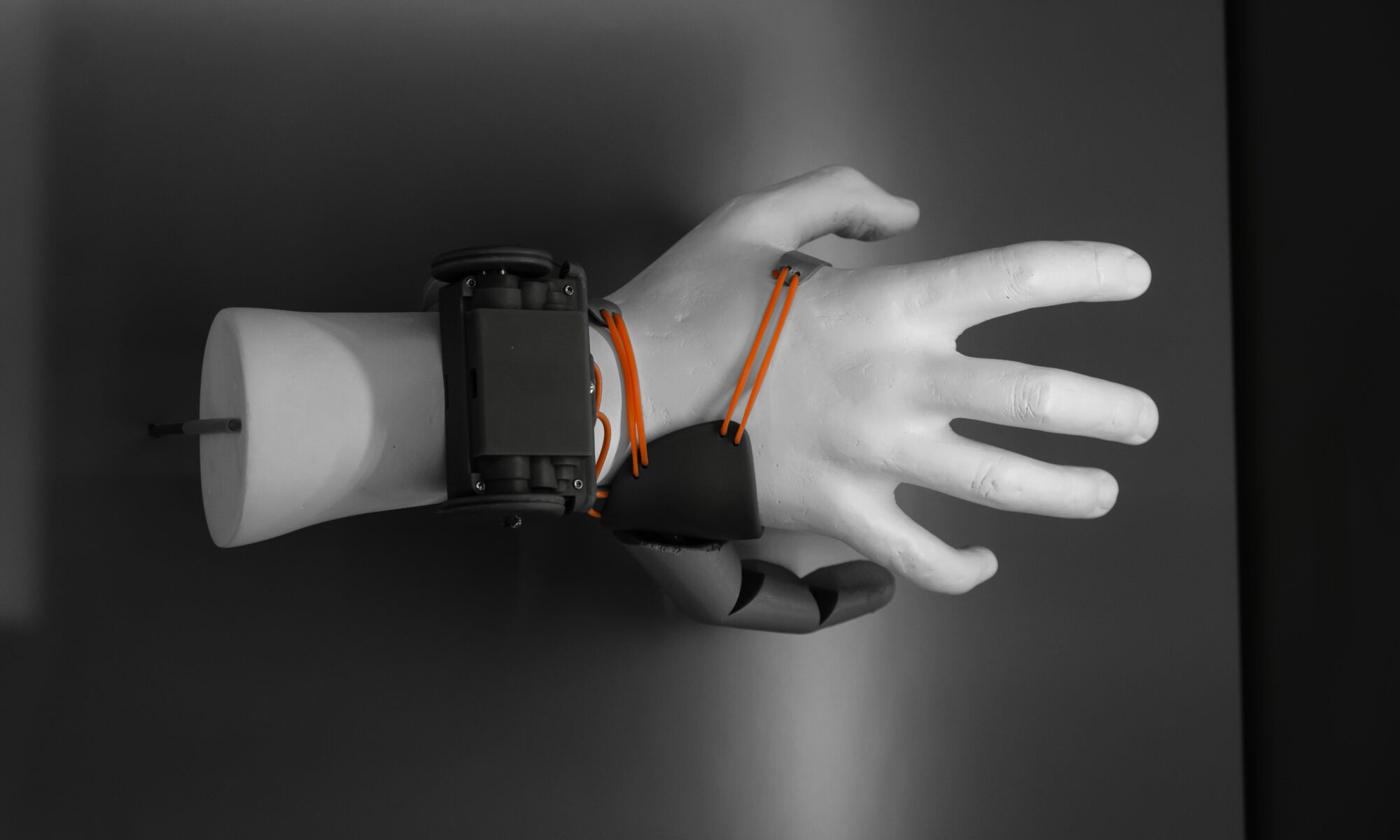In November 2021, “Mensch. Maschine. Kommunikation” (eds. Sarah Brommer and Christa Dürscheid) was published by Narr. The two editors introduce the topic in “Mensch-Mensch- und Mensch-Maschine-Kommunikation”. In the “Mensch-Mensch-Kommunikation via Maschine” part, the contributions come from Linda Bosshart (“WhatsApp, iMessage und E-Mail”), Roberto Tanchis and Leonie Walder (“Animojis”), Mia Jenni (“Die weinende, virtuelle Influencerin”), and Florina Zülli (“‘Neuer Partner’ in den Warenkorb hinzufügen?”). The part “Mensch-Maschine-Kommunikation I: Kommunikation mit Robotern” is represented by Ilona Straub (“Die Mensch-Roboter-Interaktion”), Jana Seebass (“Roboter als Partnerersatz”), Rahel Staubli (“Vertrauen in Lio und Co.”), and Andrea Knoepfli (“Mit welchen Strategien erzeugen Pflegeroboter Vertrauen?”). The part “Mensch-Maschine-Kommunikation II: Kommunikation mit Assistenzsystemen” is the work of Julia Degelo (“Der wütende Mann, die höfliche Frau – und die Frage nach dem Dazwischen”) and Ann Fuchs and Zora Naef (“Smart Homes im öffentlichen Diskurs”). The book (part “Exkurs: Mensch. Maschine. Menschmaschine”) is concluded by Oliver Bendel with his contribution “Chips, Devices, and Machines within Humans”. He discusses “Bodyhacking as Movement, Enhancement, and Adaptation”. The publication can be downloaded for free here.
Bodyhacking at Salon Suisse
“Bodily Encounters” is the title of the Salon Suisse at this year’s Architecture Biennale in Venice. On Thursday, 26 November 2020, a lecture by Prof. Dr. Oliver Bendel on bio- and bodyhacking will take place in Palazzo Trevisan, followed by a discussion with Mike Schaffner and Prof. Dr. Georg Vrachliotis. Biohacking can be defined as the use of biological, chemical or technical means to penetrate organisms or their components in order to change and improve them. The combination of organisms is also possible, creating real-life chimeras. A subsection of biohacking is bodyhacking, in which one intervenes in the animal or human body with biological and chemical, but above all technical means (computer chips, magnets, devices of all kinds, exoskeletons and prostheses), often with the aim of animal or human enhancement and sometimes with a transhumanist mentality. Oliver Bendel is an information and machine ethicist and has been working on human enhancement and animal enhancement for years. Georg Vrachliotis is a professor of architecture, Mike Schaffner is a transhumanist. The Salon Suisse program is available here.

